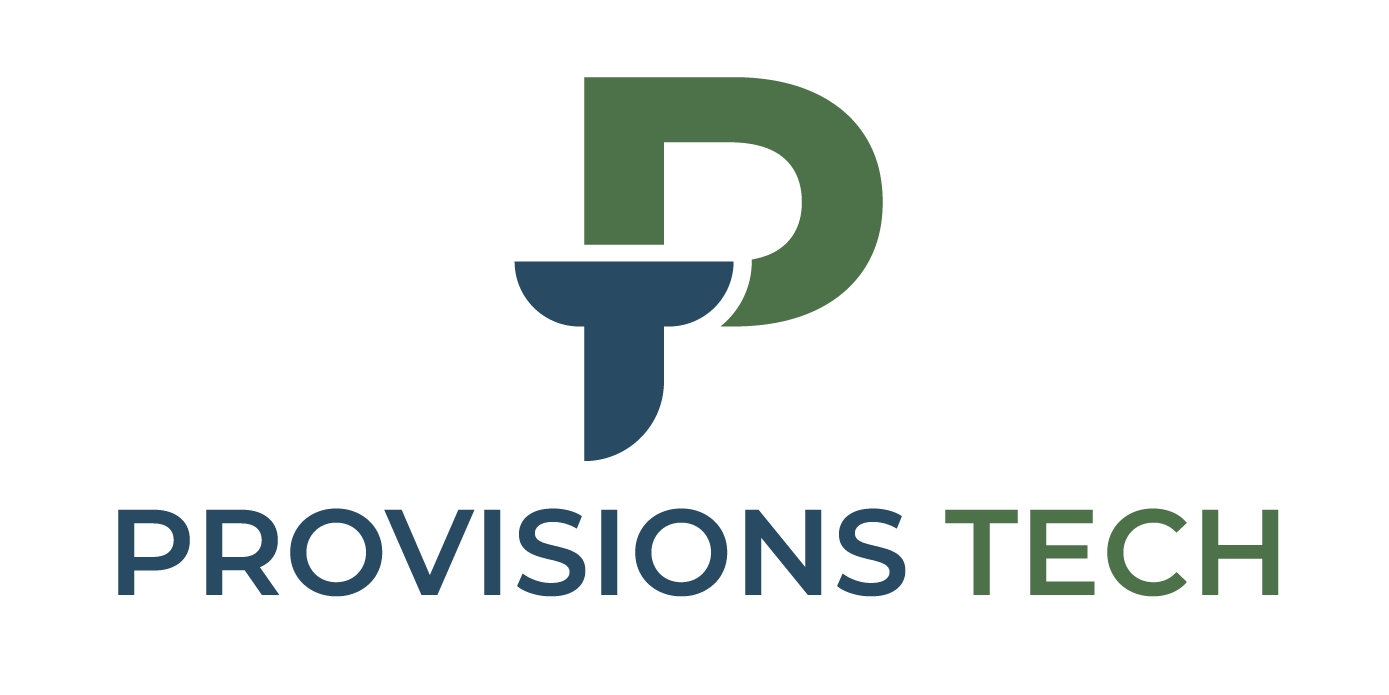Developing a clear, actionable career development plan can be transformative for anyone eager to achieve career success. Whether you’re just starting out or looking to advance, a career development plan provides structure, direction, and a roadmap for meeting your professional goals. Here’s a comprehensive guide to help you master your career path
Understanding the Purpose of a Career Development Plan
A career development plan is more than a checklist; it’s a strategic tool that helps you understand where you are, where you want to go, and how to get there. This roadmap can lead you to meaningful career advancements, skill acquisition, and opportunities that align with your goals. It also aids in identifying and prioritizing steps, making your career journey both manageable and rewarding.
1. Begin with Self-Assessment: Recognize Your Strengths, Skills, and Interests
The first step in creating a career development plan is self-assessment. Take time to evaluate your strengths, skills, and passions. Reflect on previous roles, projects, and accomplishments that brought you fulfillment. Understanding what you excel at—and what you enjoy—lays a solid foundation for building a career path that aligns with your unique qualities and aspirations.
- Tip: Consider using tools like personality assessments (e.g., Myers-Briggs, StrengthsFinder) to gain deeper insight into your strengths and potential areas for growth.
2. Establish Clear and Achievable Career Goals Using the SMART Method
Once you’ve completed your self-assessment, the next step is to define clear career goals. A great way to do this is by using the SMART framework, which stands for:
- Example: Instead of setting a broad goal like “advance in my field,” define it as “obtain a project management certification within 12 months to qualify for senior roles.”
3. Explore Opportunities for Career Development
Learning should be a continuous process. Look for opportunities to upskill and gain new experiences, whether through formal education, online courses, or on-the-job training. Many employers offer resources for skill-building, so reach out to HR or leadership for guidance on what might be available.
- Key Areas to Explore: Technical skills, leadership training, industry certifications, and cross-departmental experiences.
4. Create a Detailed Action Plan
A well-organized action plan translates your career goals into actionable steps. Identify each step needed to reach your objective, from learning new software skills to attending industry networking events. Setting deadlines and defining resources required will keep you on track and accountable to your career goals.
- Example: If your goal is to become a manager, list steps such as “gain leadership experience,” “complete a management training course,” and “volunteer to lead team projects.”
5. Gather Feedback and Refine Your Plan
Regularly seek feedback from mentors, supervisors, or colleagues. Honest input from others can provide fresh perspectives and help identify areas for improvement you may have overlooked. This feedback can be invaluable in refining your plan and adjusting your goals as you progress.
- Tip: Establish a feedback loop where you regularly meet with a mentor or career coach to review your progress and receive constructive advice.
6. Utilize Networking to Propel Your Career
Building a strong network can unlock doors and reveal opportunities that may not be publicly available. Attend industry conferences, join relevant LinkedIn groups, and participate in networking events to connect with others in your field. Strong connections within your industry can provide valuable guidance, mentorship, and even job opportunities.
- Pro Tip: Consistently follow up with new contacts, engage with their content, and share helpful resources or industry insights. Networking is most effective when it’s mutually beneficial.
7. Keep Up with Industry Trends and Evolving Market Demands
Staying current with industry trends is essential for career growth, as it allows you to adapt to changing demands and remain competitive. Subscribe to industry publications, attend webinars, and participate in training to keep your skills relevant. Being proactive in adapting to industry shifts will position you as a valuable asset within your organization.
- Resources: Google Alerts for industry topics, newsletters from top industry blogs, and LinkedIn Learning for course recommendations.
8. Maintain Motivation and Commitment to Your Career Path
Career development requires perseverance, dedication, and the ability to stay motivated, especially when challenges arise. Celebrate your progress, reward yourself for achieving milestones, and continuously remind yourself of the bigger picture. This mindset will help you stay focused, motivated, and committed to your goals.
- Tip: Periodically review your achievements to appreciate how far you’ve come, which can fuel your motivation to keep pushing forward.
Start Your Journey Today
Creating a career development plan is a powerful way to drive your professional growth. By following this guide and dedicating yourself to the journey, you can strategically steer your career toward meaningful accomplishments and long-term success. Whether you’re looking to transition, advance, or excel, your plan is a critical asset that will guide you every step of the way.


